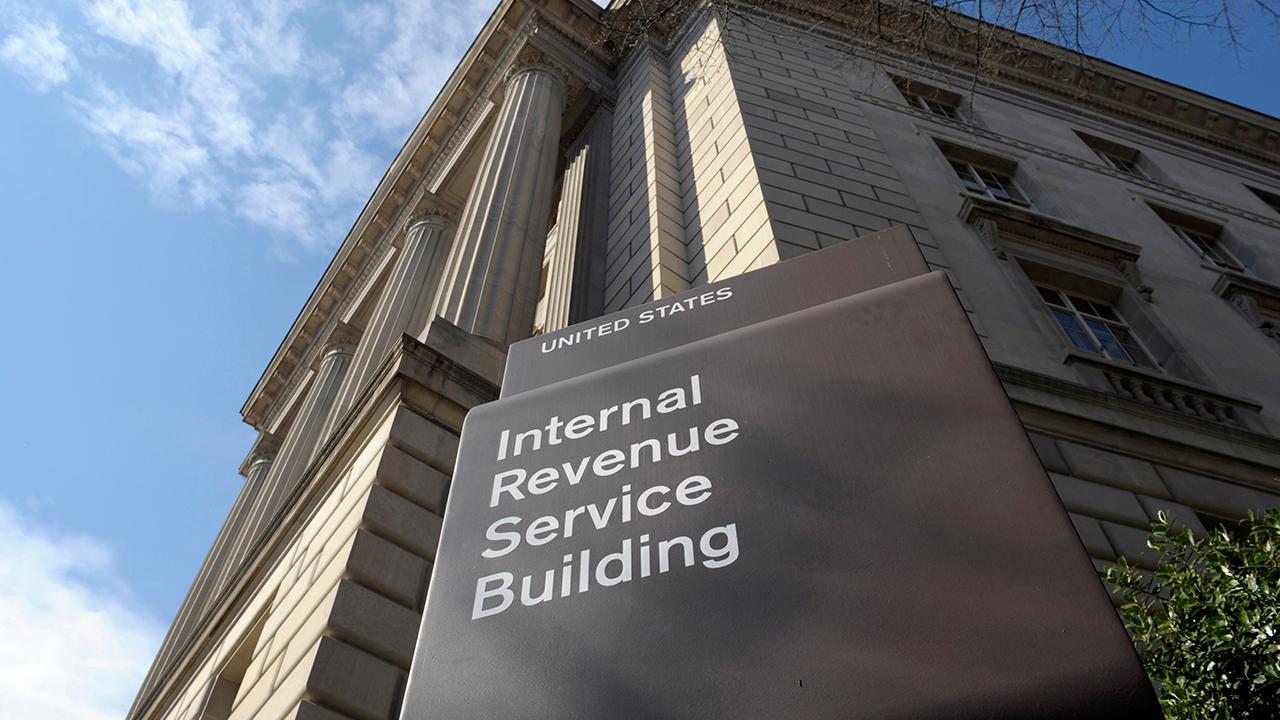IRS recalls half of dwindling staff: More challenges to follow?
The Internal Revenue Service (IRS) will bring back tens of thousands of furloughed workers ahead of tax season, but that might do little to alleviate challenges the agency was already facing before the partial government shutdown began.
In order to help process tax refunds this filing season – which officially opens on Jan. 28 – the agency will bring back roughly 60 percent of its furloughed staff, or 46,000 workers. The employees will return to their jobs without pay as long as the spending impasse and political infighting continues.
Meanwhile – even at full capacity – the IRS has been operating with a skeleton staff and weak funds. The agency eliminated about 18,000 full-time positions between 2010 and the start of 2018. In 2017 alone, 6,801 permanent jobs were eliminated.
And those numbers could continue to decline: The tax agency says 27 percent of its workforce became eligible to retire at the end of last year, while it has had a difficult time recruiting younger employees to take their places. Less than 0.5 percent of its staff consists of workers under the age of 26.
While headcount is diminishing, so too is funding. Between fiscal 2010 and 2017, the agency’s funding levels declined by about 20 percent. In 2018 the agency’s budget saw a slight uptick, including $320 million to implement Republicans’ sweeping overhaul of the U.S. tax code.
Along with funding for a number of other government departments, 2019 funding levels are pending.
At a time when the IRS faces the challenge of carrying out the Tax Cuts and Jobs Act, the cuts have presented a host of challenges.
The number of auditors has dropped about 30 percent since 2010 – falling under 10,000 for the first time since 1953 last year – to 9,510, according to ProPublica, which experts say, along with reduced cases brought by its criminal division, will affect the probability of noncompliance.
The agency has estimated that it has lost hundreds of billions of dollars in unpaid taxes from business owners alone.
But as tax season comes into focus, financial advisers are concerned that an agency operating with an even thinner staff than usual could lead to additional complications in the near-term for taxpayers.
Since it is the first time Americans will be filing under the Tax Cuts and Jobs Act, one concern is that people won’t be able to get questions pertaining to either the law, or the new documents, answered in a timely manner. That could delay when people are able to file their returns, or the accuracy of documents, Michael D’Addio, principal at Marcum LLP, told FOX Business.
There are also a number of pieces of the law that taxpayers are still awaiting clarification on, which could impact when some people and businesses are able to file.
“[There are] final regulations that are under review but now issuance has been delayed,” D’Addio said. “Just in terms of knowing we are handling these new areas of the law appropriately, that will probably be delayed because of lack of personnel.”
CLICK HERE TO GET THE FOX BUSINESS APP
Unexpected problems are also prone to pop up at the agency, which has been a lightning rod for having antiquated systems. Last year, for example, the agency delayed the original April deadline by one day after a system failure crashed the site. It has also disclosed in recent years that taxpayer accounts were compromised.
While filing earlier may not affect when you get your return this year, how you file could. D’Addio said submitting your documents online is likely to yield a faster return than the mail-in process.




















